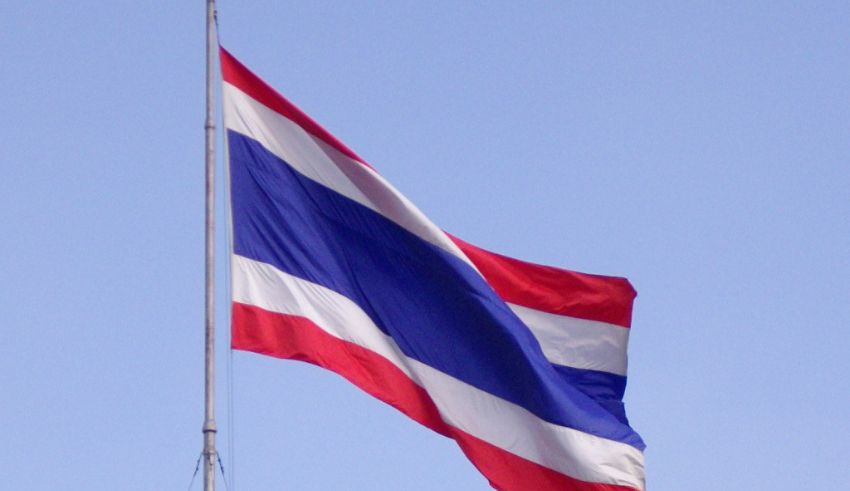
In a surprising development, Thailand has decided to backtrack on its proposal for joint patrols with Chinese police in popular tourist spots after facing significant public backlash. The initiative, suggested by tourism officials to instill confidence among tourists, especially Chinese nationals, drew sharp criticism online. Critics argued that such joint patrols compromised national sovereignty, prompting a swift rebuke from the country’s police chief.
Tourism Minister Sudawan Wangsuphakijkosol addressed the controversy in a press conference on Tuesday, stating, “There are many alternative ways to build confidence for tourists in Thailand, but we will not have joint patrols.” She emphasized that the Thai police force is already sufficient and working diligently to restore confidence.
Behind the Chinese Police Partnership
The decision comes in the wake of heightened security concerns following a shooting spree at a luxury mall in Bangkok last month, resulting in the deaths of two individuals, including a Chinese national. This incident has intensified safety worries and spurred Thai authorities into action to tighten security measures.
Keep Reading
Rebuilding confidence is particularly crucial for Thailand’s tourism industry, given its heavy reliance on visitors, especially from China. In 2019, Chinese nationals accounted for a substantial portion of the record 39.9 million foreign tourist arrivals in Thailand. However, their return post-COVID-19 has been slower than expected, prompting the Thai government to waive visa requirements for Chinese nationals in September.
As of this year, Thailand has welcomed 23.2 million foreign arrivals. The recent proposal for joint patrols was seen as a measure to address safety concerns and bolster trust among tourists. Still, the unexpected public outcry and concerns over national sovereignty have forced the Thai government to reconsider its approach.
This development underscores the delicate balance that countries like Thailand must strike between ensuring the safety of tourists and respecting national autonomy. The nation’s ability to navigate these challenges will significantly impact its efforts to revitalize the tourism sector, a crucial component of its economic recovery post-pandemic.
In the coming weeks, Thai authorities are expected to reassess their security strategies and explore alternative methods to restore confidence and attract tourists, particularly from China, while maintaining the delicate equilibrium between security and sovereignty.























